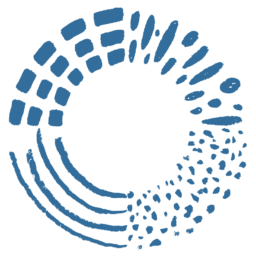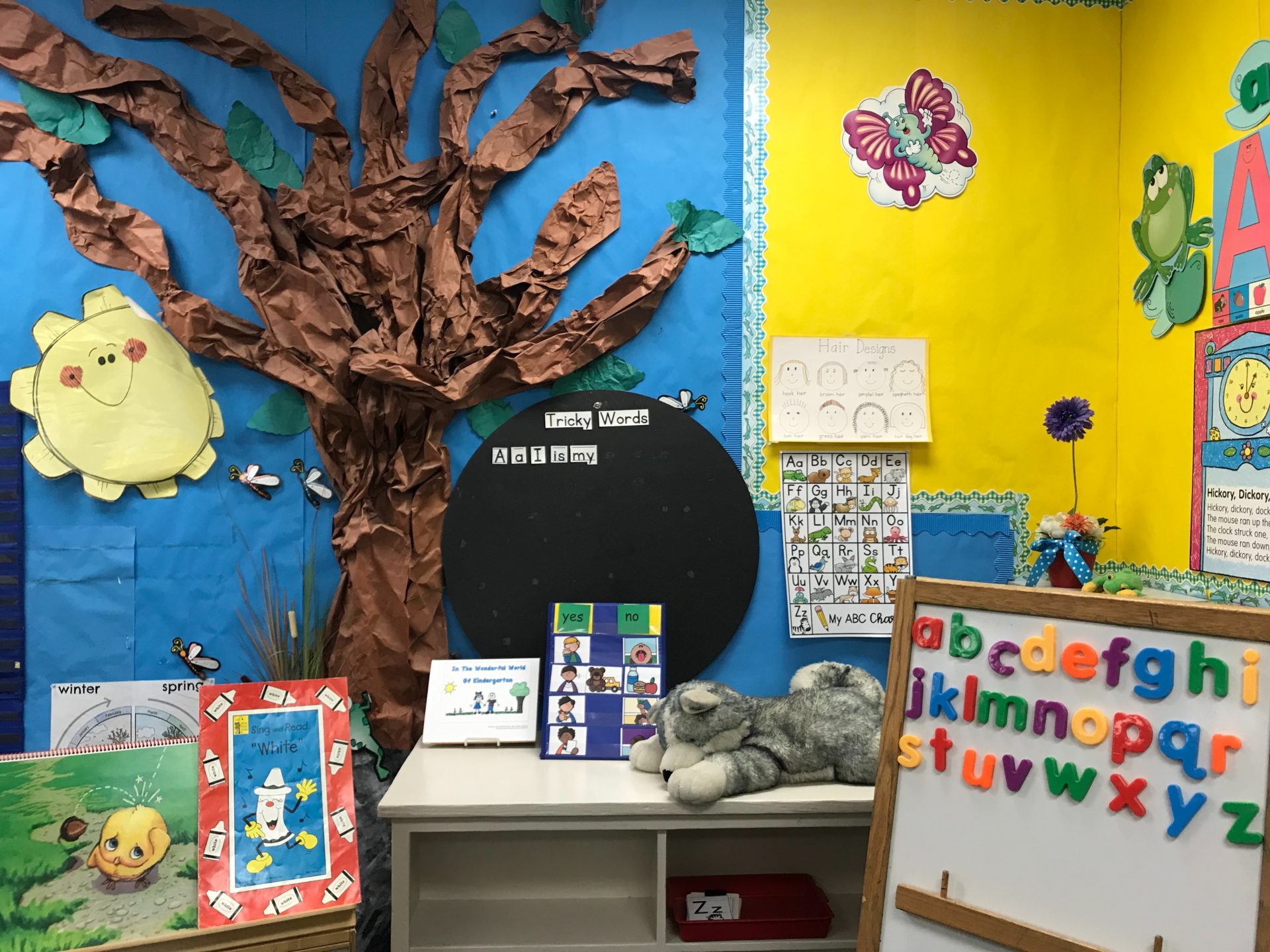You might be hearing rumblings about changes to a state program that makes childcare more affordable for families earning low incomes. Montana’s Health Department is poised to end pandemic-era financial support to a scholarship program that has helped thousands of families afford childcare during the pandemic, including many of those we work with at Soft Landing Missoula.
We wanted to provide you with a little more information on what you might be hearing as we continue to educate ourselves on how this will impact refugee families as well as the community more broadly.
What is the Best Beginnings Scholarship Program?
Best Beginnings existed before the COVID-19 pandemic as a program to offset the cost of childcare for families who earn low incomes. Households with income at or below 150% of the Federal Poverty Line with children attending a licensed childcare center may be eligible to receive the Best Beginnings scholarship. For context: In 2022, the federal poverty line for a family of four is a household annual income of $27,750.
Before COVID-19, Best Beginnings allowed families to make a monthly copayment on a sliding scale, determined by how much they make each year and family size. Families at the poverty line, for example, would pay less than a family at 150% of the poverty line. The state would reimburse the childcare facility for the remainder of the fee not covered by that copay; however the state’s rate would often be slightly less than the care provider’s going rate to full-paying customers. Therefore, childcare providers were not required to accept the Best Beginnings Scholarship, in part because they were technically making slightly less than they could otherwise.
In 2021, as many families continued to struggle financially, Montana’s Department of Health and Human Services used pandemic federal aid money to provide additional support. It subsidized the monthly co-pay significantly, so that every family eligible for the Best Beginnings Scholarship would pay only $10 per month per child. Additionally, it made more families qualify for the scholarship by bumping up the income threshold to 185% of the Federal Poverty Line. In turn, this lent childcare providers more stability when working with Best Beginnings families, and it incentivized them to accept the scholarship.
About 6,620 kids benefitted from the Best Beginnings Scholarship in 2022.
What’s changing?
Montana’s health department recently announced it would be ending this level of financial support starting in the new year. According to reporting from the Helena Independent Record, a department spokesperson said all the federal COVID-19 relief money has been spent so the state can no longer fund this deeply discounted co-pay. The state used more than $11 million in pandemic aid to fund the program so that more families could pay only $10 each month.
Eligibility for Best Beginnings will once again be capped at families earning household incomes up to 150% of the Federal Poverty Line – down from the pandemic threshold of 185% – which means some people will lose the scholarship altogether. The state will also reinstitute the sliding scale policy, so families will no longer pay a flat copay of $10, and some might see their costs jump hundreds of dollars.
Multiple childcare providers we are in touch with here in Missoula told us that many families have only recently received notice that their monthly copayments will soon skyrocket. Some haven’t received any notice yet. For refugee parents, understanding the bureaucratic and technical letters sent by mail in English – often their second, third or even fourth language – can be very difficult.
Another significant change impacts attendance requirements.
Prior to the pandemic, the state would not reimburse providers for the days a child on the Best Beginnings Scholarship didn’t attend care. Providers bill the state’s health department at the end of every month, which meant that sometimes how much reimbursement a facility would get from the state for Best Beginnings couldn’t necessarily be planned ahead of time since it depended on attendance. By comparison, most non-scholarship families pay an up-front cost at the start of every month regardless of attendance, which means childcare providers can count on those dollars for budgeting purposes.
As part of the COVID-19 relief, the state agreed to pay providers no matter how many days a child attended, giving childcare facilities peace of mind around how much money they would be bringing in when enrolling families using the Best Beginnings program – the same way they would families paying full price on their own.
With the changes in January, the state will only pay providers in full if a child attends at least 85% of their authorized time, usually 22 days per month. That means if a child misses more than four days, a scholarship family would have to pay the provider. Absences for illness, such as a potential COVID-19 case, are not excused.
This modification will impact providers – possibly making them less incentivized to accept Best Beginnings families in the name of stability – as well as families who might find themselves on the hook for more than their already-increased monthly copay if their child can’t attend the childcare facility for the minimum number of days for whatever reason.
What does this mean for the community?
Changes to Best Beginnings will impact many of the refugee and immigrant families that we work with at Soft Landing Missoula. Some have arrived in Montana since the changes went into effect last year, and others have had kids enter the childcare system during that time. That means that many have never had to pay costs higher than $10 each month, and this could throw a significant wrench into their finances.
The same could be said for all community members who rely on the Best Beginnings Scholarship to be able to afford childcare. On average, childcare for two children in Montana can use up to 25% of a family’s annual income. For context, the federal health department has said the standard for affordability should be 7% of annual household income.
What’s particularly concerning for families is the late notice of these changes, which fails to give many families the chance to figure out how they will cope with higher costs as well as denies childcare providers the opportunity to adjust their own financial planning accordingly.
Facilities in Missoula such as Little Twigs and Amber’s Angels employ refugee women as child care providers. Those same women benefit from the Best Beginnings Scholarship in order to afford to have their own children at the facilities.
Providers have expressed fear that the higher cost of childcare could make it financially untenable for women to continue working as the high rate could be more than they make at their jobs. Broadly speaking, that has led to concern community-wide that this change could also lead to an exodus of women from the labor market, including refugee and immigrant women.
What can you do?
At this point, it appears the state health department will move forward with enacting these changes in January. However, the State Legislature – which begins its next session on January 2nd – will be debating a budget that will impact a host of state services and support, including the cost of childcare.
If you’re hoping to learn more about child care affordability, we encourage you to follow what’s happening in Helena with these budget negotiations and reach out to your local state lawmakers, should you feel compelled to do so.

